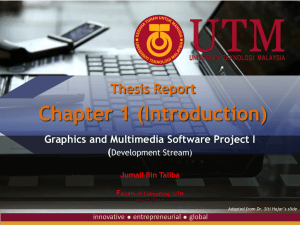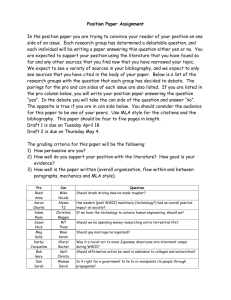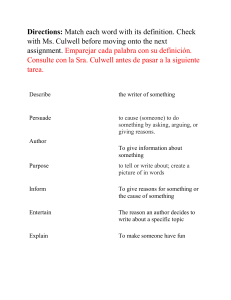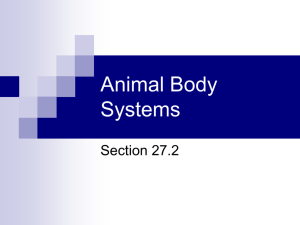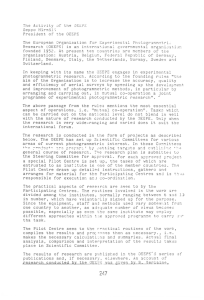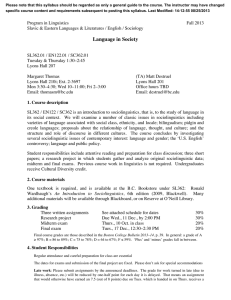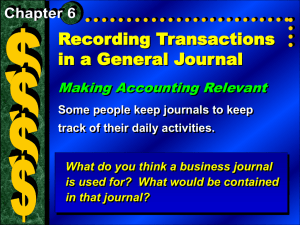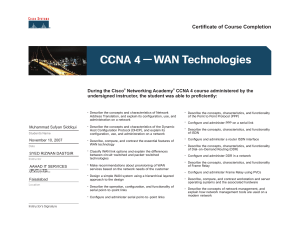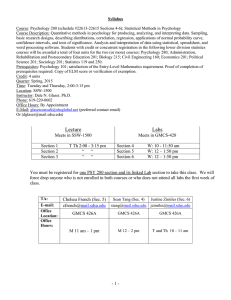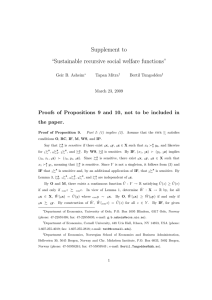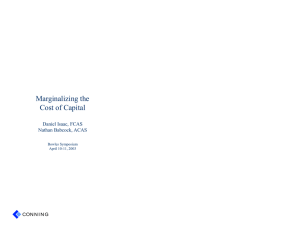Accounting Chapter 2 Section 2
advertisement
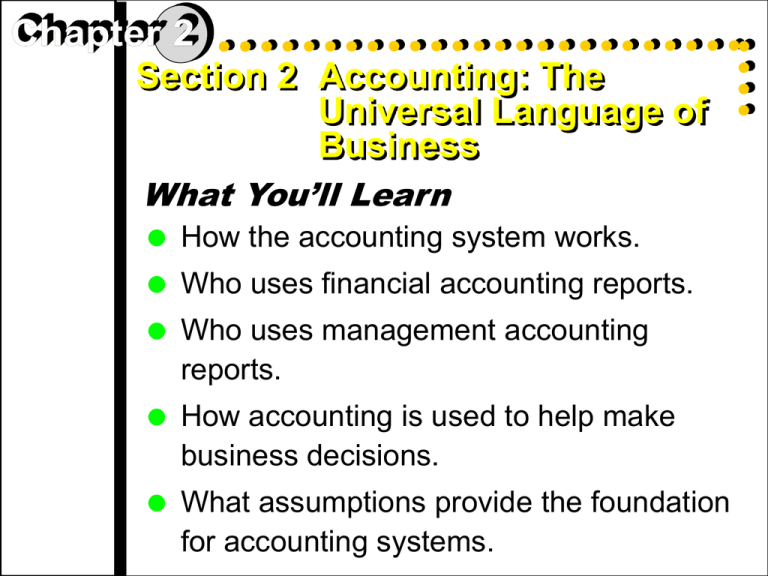
Section 2 Accounting: The Universal Language of Business What You’ll Learn How the accounting system works. Who uses financial accounting reports. Who uses management accounting reports. How accounting is used to help make business decisions. What assumptions provide the foundation for accounting systems. Section 2 Accounting: The Universal Language of Business (con’t.) The Accounting System Designed to collect, document, and report on financial transactions affecting the business. Key terms: 1. manual accounting system 2. computerized accounting system 3. generally accepted accounting principles (GAAP) 4. financial reports Section 2 Accounting: The Universal Language of Business (con’t.) How the Accounting System Works Inputs Source Documents Processing Outputs Tasks Financial and Management Accounting Reports Checks Analyzing Invoices Classifying Sales Slips Recording Receipts Financial Condition Results of operations Investments by and distributions to owners Section 2 Accounting: The Universal Language of Business (con’t.) Using Accounting Reports for Making Business Decisions There are two groups that use accounting reports: individuals outside the business who have an interest in the business individuals inside the business Section 2 Accounting: The Universal Language of Business (con’t.) Financial Accounting Financial accounting focuses on reporting information to external users. Who Uses Financial Accounting Reports? potential investors banks that loan money to a business local, state, and federal governments workers, consumers, union leaders, and competitors Section 2 Accounting: The Universal Language of Business (con’t.) Management Accounting Management accounting focuses on reporting information to management. Managers Section 2 Accounting: The Universal Language of Business (con’t.) Accounting Assumptions 1. business entity 2. accounting period 3. going concern Section 2 Accounting: The Universal Language of Business (con’t.) Check Your Understanding Consider creating an “accounting system” for your personal finances. 1. How would you organize the system? 2. What inputs would there be? 3. How might you record your activities? 4. How might you report on those activities? Section 2 Accounting: The Universal Language of Business (con’t.) Why It’s Important Understanding accounting systems is the key to understanding business. Key Terms 1. accounting system 2. financial accounting 3. management accounting


